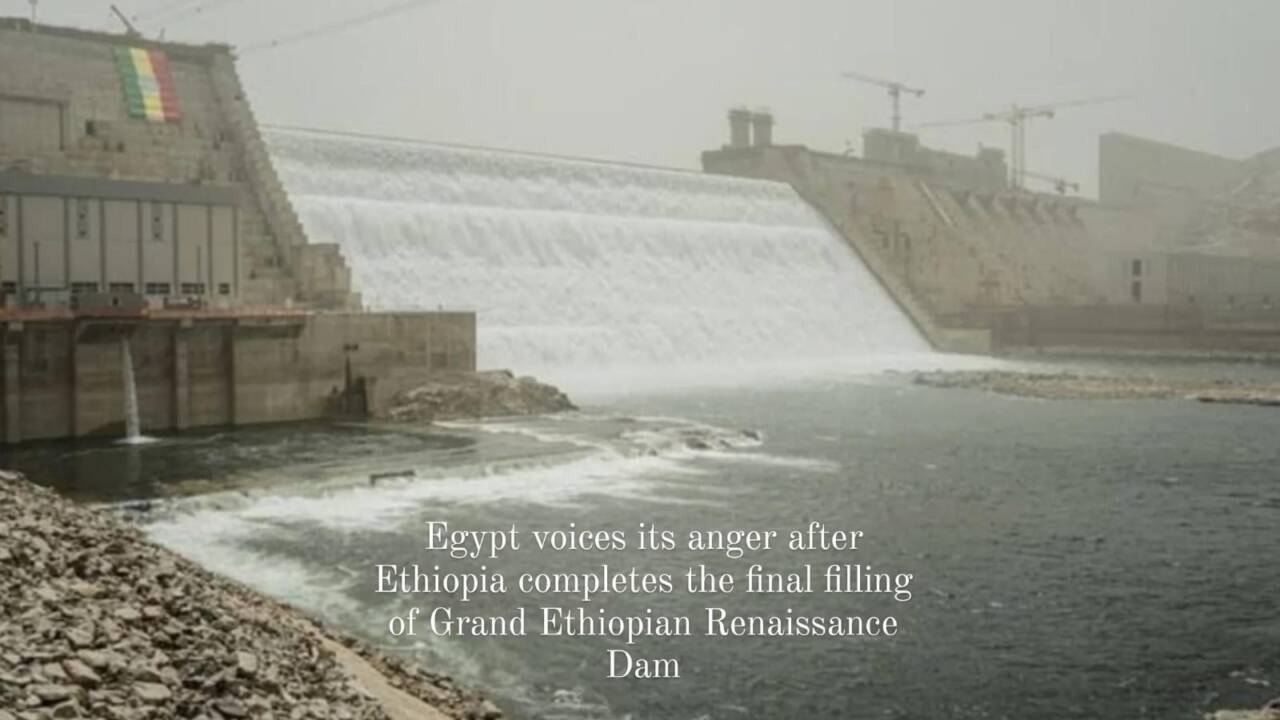
Egypt has expressed its anger following Ethiopia’s declaration of the completion of the final filling of the Grand Ethiopian Renaissance Dam (GERD) on the Blue Nile river. This announcement has reignited a longstanding dispute involving Ethiopia, Egypt, and Sudan over the hydroelectric dam project that dates back to its launch in 2011.
Egypt, a nation heavily reliant on the Nile’s waters for various needs, contends that Ethiopia is ignoring the interests of downstream nations. Conversely, Ethiopia maintains that the $4.2 billion GERD will not diminish the downstream countries’ share of Nile water.
Ethiopian Prime Minister Abiy Ahmed made this announcement on the social media platform X (formerly Twitter), stating, “It is with great pleasure that I announce the successful completion of the fourth and final filling of the Renaissance Dam,” while acknowledging the project’s challenges.
Ethiopia views GERD as vital for doubling its electricity production, addressing a critical need in a nation where nearly half of the 127-million population lacks access to electricity. The GERD dam, located about 30 kilometers from Ethiopia’s border with Sudan, aims to generate over 6,000 MW.
Nonetheless, since its inception, the dam has sparked disputes, primarily due to concerns about its potential impact on downstream countries, particularly Egypt and Sudan. Both Egypt and Sudan have called for common operational rules for the dam to alleviate fears of water shortages, with concerns that Ethiopia’s energy demands could worsen the situation.
Negotiations surrounding GERD have been marked by disputes, including a temporary halt in 2021. Egypt has expressed frustration with Ethiopia’s unilateral actions, while Sudan, currently grappling with internal conflicts, has yet to respond to Ethiopia’s completion announcement.
Egypt’s foreign ministry has criticized Ethiopia’s reservoir filling as “unilateral” and a violation of a 2015 declaration of principles signed by the three nations. Egypt argues that the declaration stipulates the need for the three countries to reach an agreement on filling and operating GERD before commencing the filling process, characterizing Ethiopia’s actions as disregarding downstream countries’ interests and water security, as guaranteed by principles of international law.

Post Your Comments